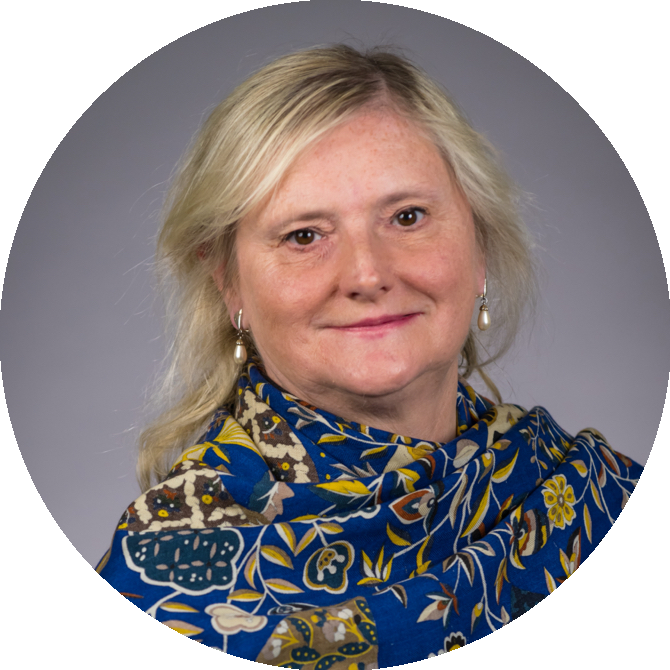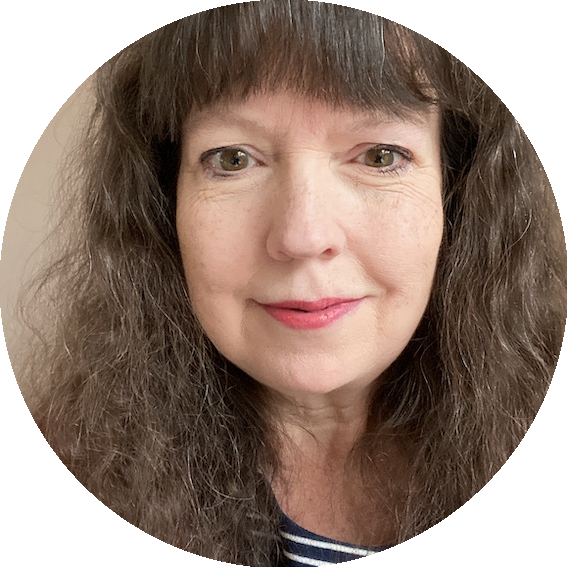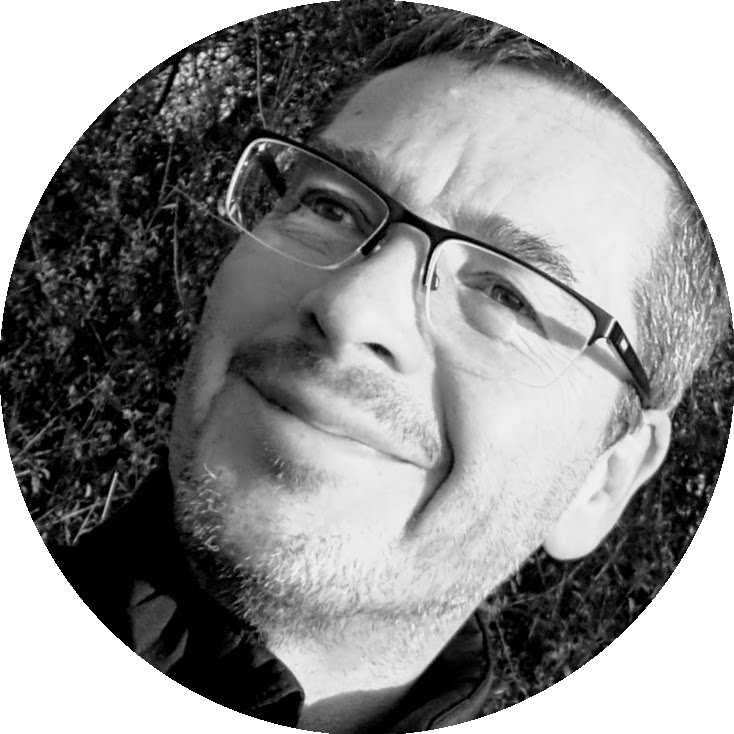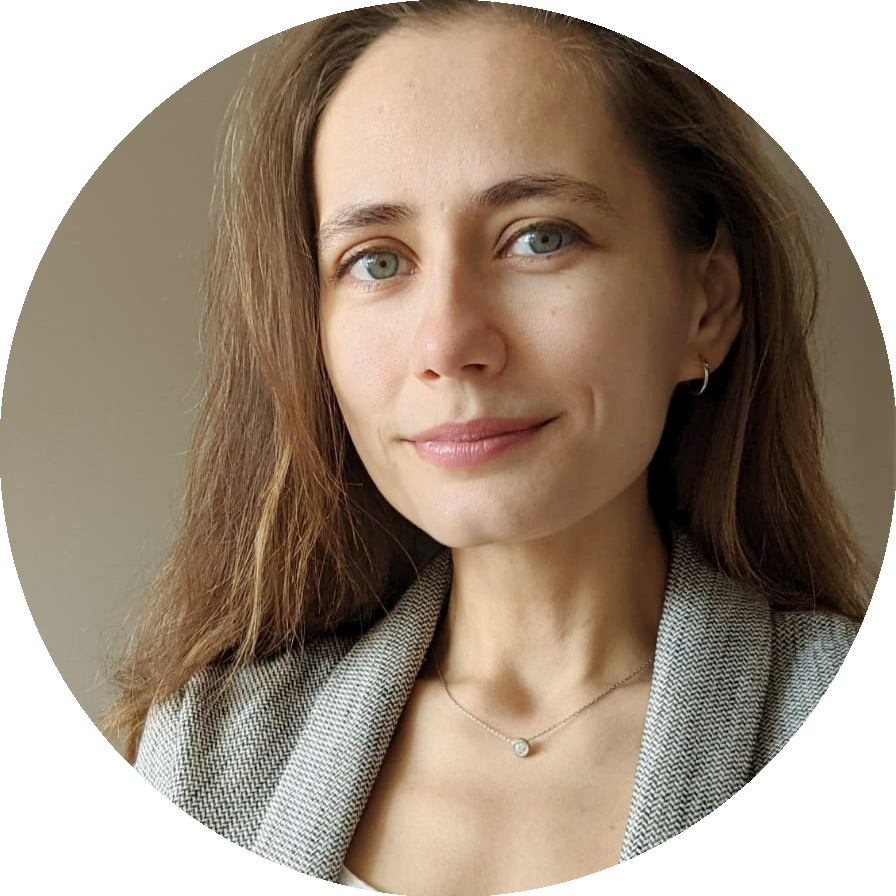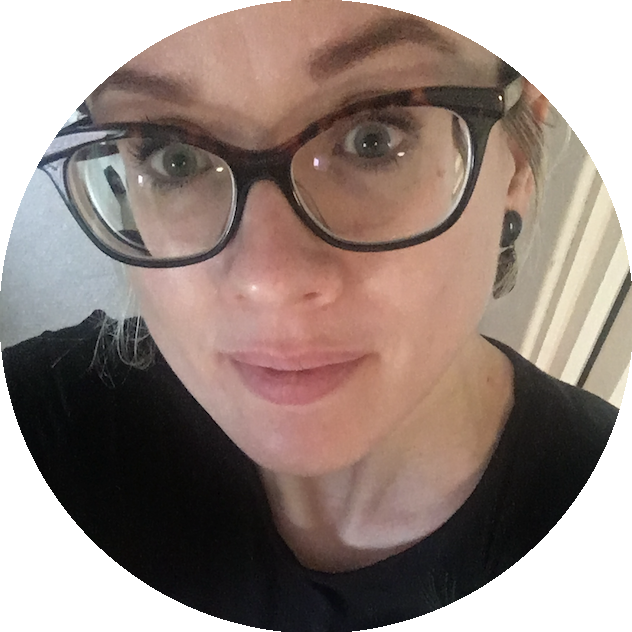The Every1 consortium brings together leading experts in energy, education, energy ecosystems and the social sciences to enable all European stakeholders to participate effectively in the digital energy market.
Overview
The Every1 project starts from a deeply data-informed understanding of stakeholders and ecosystems (citizen, cities, energy communities, companies, regulators, and distribution grid operators) in the digital energy market. Energy products and services will be assessed and validated, together with user case studies, in order to ensure stakeholders become better informed and can realise their full potential in this marketplace. A key focus is on information and training. Bespoke openly licensed training materials and information resources will be developed in parallel with mapping existing energy digitalisation-related learning materials, and structuring stakeholder-specific learning pathways through these materials. This, in turn, will help support a much needed capacity building process.
Every1’s activities will support the energy market by exchanging best practice with policy-makers and energy regulators, enabling discussions about barriers, and discovering joint solutions which can be communicated in a collaborative manner to our stakeholders.
This work will also include a strong outreach campaign, with a local-level focus, employing social media campaigns with material in various languages and targeting community media used by our stakeholders. An EXPLORE SHAPE UNITE approach will drive the ecosystems work, which includes guided one-to-one support, joint activities, webinars, matchmaking, and more. Future ecosystems will be actively engaged and trained, while cooperation with diverse activities and networks will lead to a wider uptake of capacity building material.
The role of IET
IET will be leading Work Package 3 - ‘From knowledge gaps over learning paths to identifying training material needs’:
Work Package Objectives
- Identify key stakeholders' knowledge gaps, their linked training needs, and their learning preferences.
- Identify existing and emerging training material that could feature in the Every1 flexible open learning pathways.
- Design flexible and equitable open learning pathways that meet diverse key stakeholders' needs, preferences, and capabilities.
Work Package Goals
- Cover the gap in knowledge about digitalisation of energy services and contribute to reskilling and upskilling individuals and organizations.
- Ensure the Every1 project meets the training needs of a wide range of stakeholders, maximising the project’s impact and ensuring equitable participation in learning.
IET also has a key role in Work Package 4 and will be:
Leading development of the bespoke learning materials.
Leading updating of these learning materials.
IET is also contributing to Work Package 5 by providing training in OER use, reuse and adaptation.
Impact
Success for the IET Every1 Team with a gold open access article in the Australian Journal of Environmental Education. This publication stems from the findings reported in IET’s first project deliverable, D3.1: "Scientific Paper on Stakeholders and Knowledge Gaps".
The article presents a mixed-methods study that explores a novel area in energy literacy: interest in learning about energy-related topics. Surveying 3,843 citizens across four European countries, the study examines (a) their interest in energy learning, (b) how socio-demographic factors influence this interest, and (c) reported knowledge gaps. The paper appeals to both academics and the general public, advocating for the inclusion of interest in energy learning within energy literacy frameworks and offering practical insights for democratising energy education and tailoring programs for diverse demographics.
The study can be accessed through the following reference:
Rets, I., Whitelock, D., Edwards, C., Perryman, L.A., & Goshtasbpour, F. (In Press). Energising the energy literacy debate for environmental education: Exploring citizens’ interest levels, knowledge gaps and individual differences. Australian Journal of Environmental Education.
The team is making good progress on other deliverables as well. In WP3, we are currently reviewing a catalogue of over 100 learning materials on energy digitalisation, compiled by the consortium. These materials, along with the content being developed by the project team in WP4, will form structured learning pathways accessible through a pathway tool, which is now in its final prototype stage.
The work in WP4 is also advancing well. The IET team has led the development of the first two cycles of energy digitalisation learning materials, which will be freely available on OpenLearn Create. Several of these resources, including such courses as “What is the Digital Energy Transition?”, “Why Digitalise Energy?”, and “Energy Use”, have received very positive feedback from relevant stakeholders.
Project Progress
On 16 December 2024, the Every1 team from IET delivered an engaging webinar, bringing together university educators from across the Mediterranean to explore innovative approaches to energy education and energy digitalisation.
Focusing on the Every1 project, the team showcased tools and strategies to support diverse stakeholders in the transition to digital energy systems.
Key highlights of the workshop
• Knowledge gaps: Insights from the project’s first journal publication revealed critical gaps among energy digitalisation stakeholders.
• Learning pathways: Participants explored how Open Educational Resources (OERs) and flexible pathways enhance inclusivity in energy education.
• Interactive engagement: A learning persona activity sparked discussions and fostered collaboration among attendees.
Key takeaways
In the webinar, the team shared essential principles for designing impactful learning experiences:
- Understand your audience’s unique needs.
- Develop content that is clear, relevant, and adaptable.
- Collaborate across disciplines and with project partners to enhance outcomes.
- Focus on student success to create meaningful educational impact.
- Leverage open licenses to localize and adapt learning materials for varied contexts.
- Plan for the long-term sustainability of educational initiatives beyond project funding.
People
Expertise
Funders
- Horizon Europe / UK Research and Innovation (UKRI)
Partners
- Flux50 (Coordinator)
- Eindhoven University of Technology
- EWorx
- INESC TEC - Tecnologia e ciencia Laboratorio Associado
- Institute of Communication and Computer Systems (ICCS)
- International Cleantech Network
- Joanneum Research
- RdA Climate Solutions
- Steinbeis
- Th!nk E
